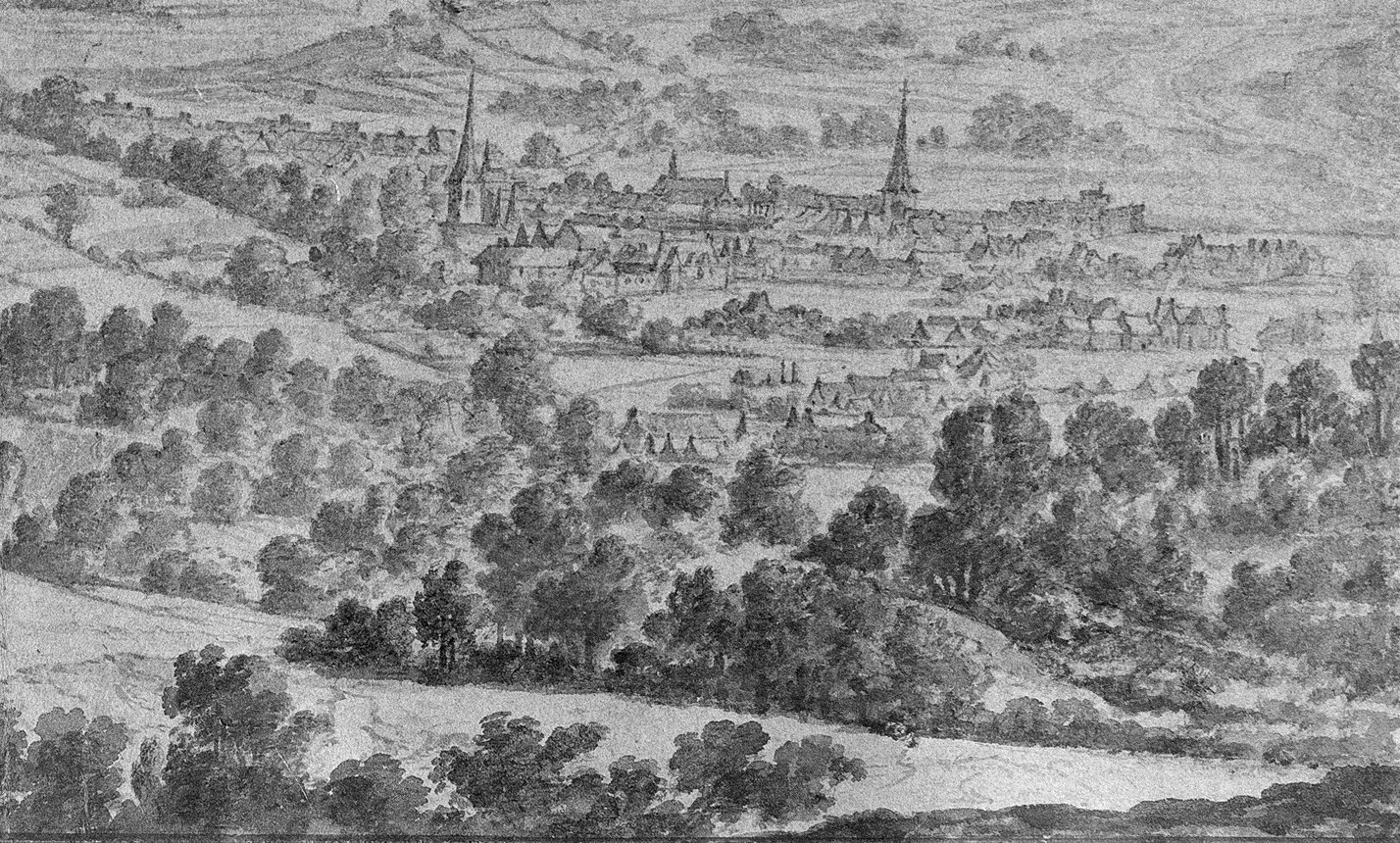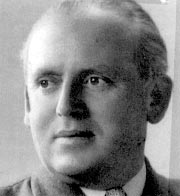Peter Kofferschläger, a trained carpenter, founded the Catholic Workers Youth in Kelmis in 1935, and was later appointed permanent secretary of this organisation. The interwar period also saw his initiative in reorganising the League of Christian Workers. From 1938 to 1940 and from 1945 until his death, Kofferschläger was also mayor of Kelmis. Because he was strongly rooted in the Christian Workers movement and displayed a probelgian attitude during the interwar period, he was arrested by the German state police during the war and deported to Buchenwald concentration camp.
Peter Kofferschläger was a member of the Chamber from 1946 to 1960, making him East Belgium’s first post-war MP, and he was also Vice-President of the Christian Social Party in the Chamber for some time. Here – with the same zeal as his party colleague, the Eupen physician Dr Joseph Baltus in the Senate – he appeared as a staunch defender of the Eastern Cantons, denouncing the abuses that prevailed there. The perceived unjust harshness of the political ‘purification’ and the suppression of the German language were notable issues. In addition, he spoke out in favour of equal compensation for the ‘compulsory conscripts’ of the Wehrmacht, who, however, had to wait for definitive solution to their problems for another two decades. Again and again, Kofferschläger pushed for the removal of war damage in East Belgium and for recognition of the 8,000 conscripts, whose interests he championed in parliament.
Kofferschläger’s personality makes it clear how conflict-ridden it was to live together was in what is now East Belgium between 1920 and the 1970s, and that there is no such thing as black-and-white thinking with regard to the changes of that time. Kofferschläger, who as an inmate of a concentration camp and who had suffered particularly under the National Socialist regime, campaigned after the war for respect for German culture and language in Belgium. This was by no means the basic tenor of the time. He is exemplary of a post-war society that needed one thing above all for a better coexistence: understanding the ways of the other.
Quelle
Heinz Warny, Peter Kofferschläger, aus Kelmis für die Ostkantone, in Grenz-Echo, 26/02/2016.

